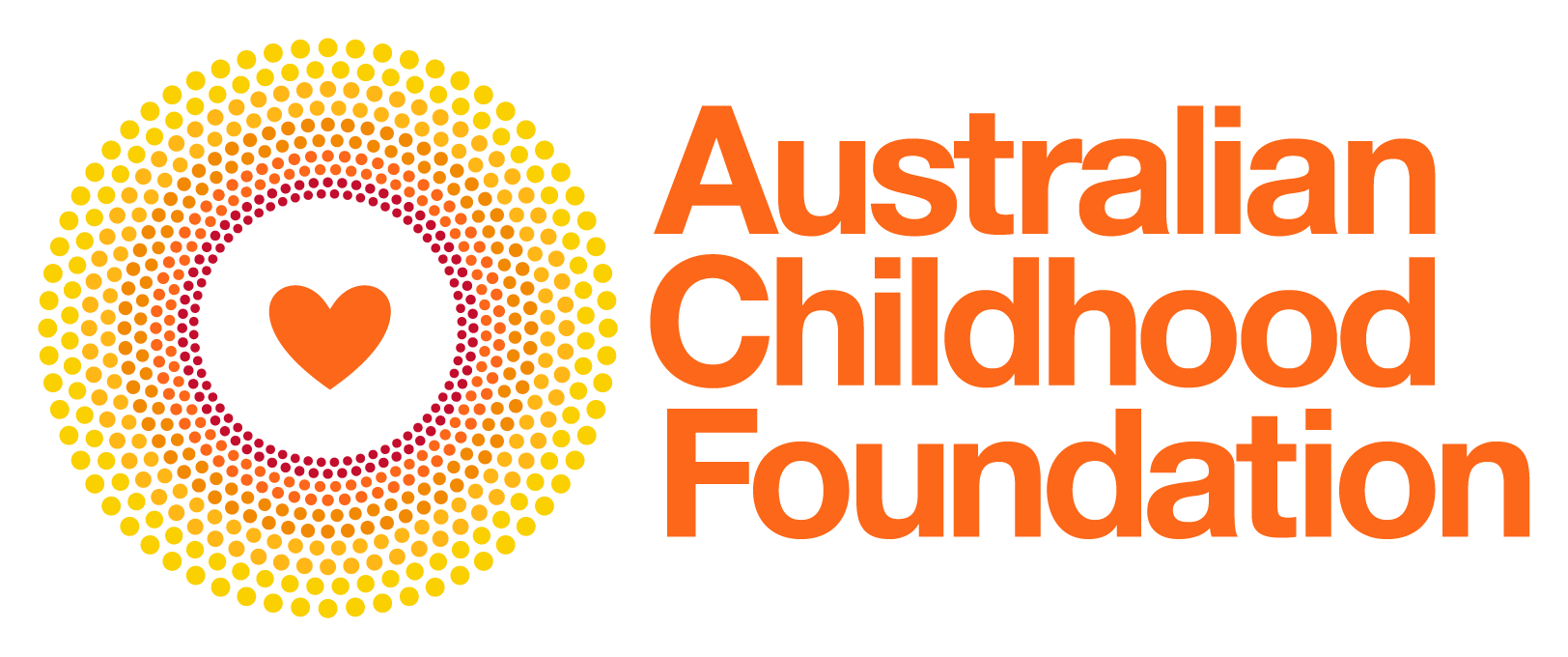Queensland
Stories

Accrediting Bundaberg YMCA (QLD) as a Safeguarding Children Organisation
All YMCA organisations nationally, including Bundaberg, have gone through our rigorous Safeguarding Children Accreditation system. To pass the accreditations, Bundaberg YMCA had to meet seven standards about keeping children safe. These include having a child commitment statement, the right policies and systems to deal with reports of child abuse, a Code of Conduct for staff and volunteers, and ensuring that all staff and volunteers go through background checks and screening. They are audited by our Safeguarding Children Team. Bundaberg YMCA passed the audit and is now accredited. It means that all the families that use the YMCA programs in Bundaberg (as an example) can be confident that as many strategies as are currently known are in place to reduce the likelihood of children being abused or exploited while they are having fun at a YMCA pool or other activity.

Trauma training to drug and alcohol workers in Brisbane
We provided trauma training to 150 youth drug and alcohol workers from Cape York, Port Douglas and Cairns, Mt Isa, Rockhampton and Brisbane. The participants were working in a variety of roles supporting young people who have a drug or alcohol problem arising from their experience of abuse and family violence when they were younger. There is a great deal of research that links trauma during early childhood and downstream addiction behaviour. Young people often use drugs like ice, marijuana, and alcohol because they are trying to escape the pain they keep feeling. The abuse makes them unable to find any sort of comfort from people around them. They don’t feel loved. They find it difficult to trust because they have been let down so often. Taking drugs is a relief for some young people. It takes special training to understand how trauma changes the physiology of the brain and makes some young people more susceptible to addiction. The training enables these workers to support young people to stop taking drugs and alcohol. Instead, these young people come to find comfort in the relationships around them. They learn to use new strategies that are based in neuroscience. As such, they have greater chance of working and making a real difference.
